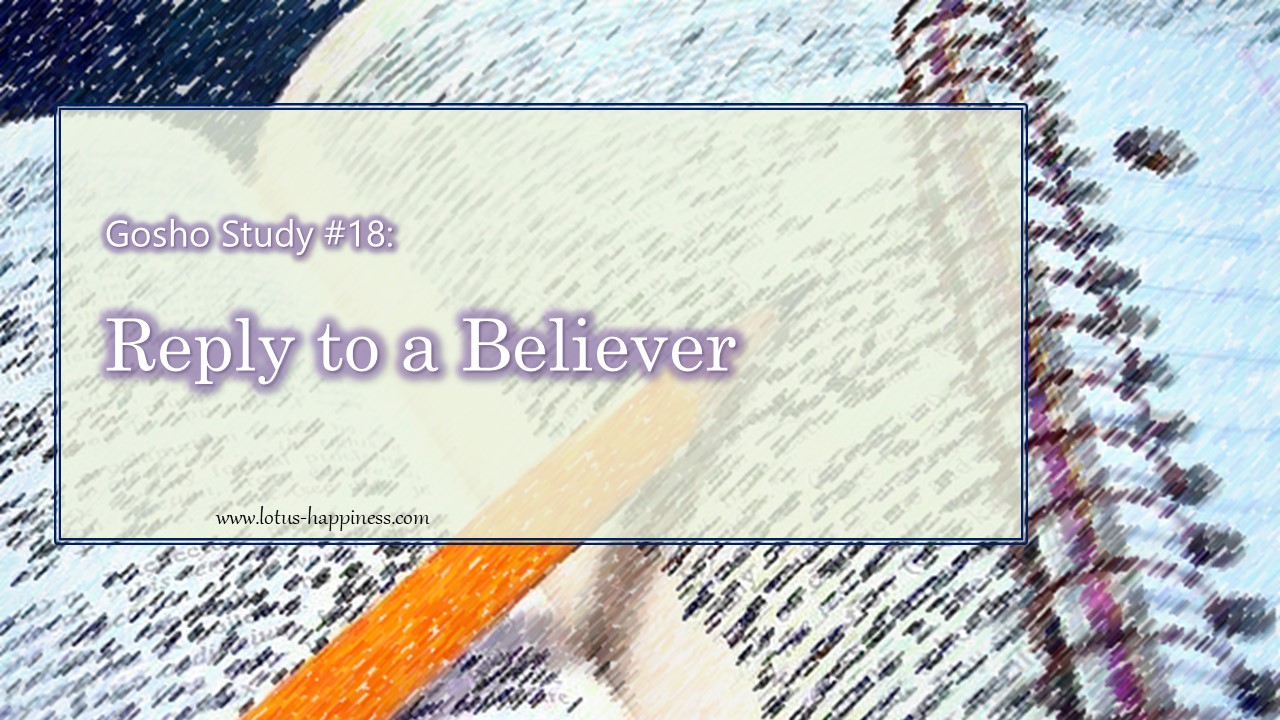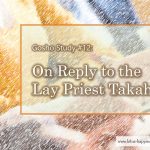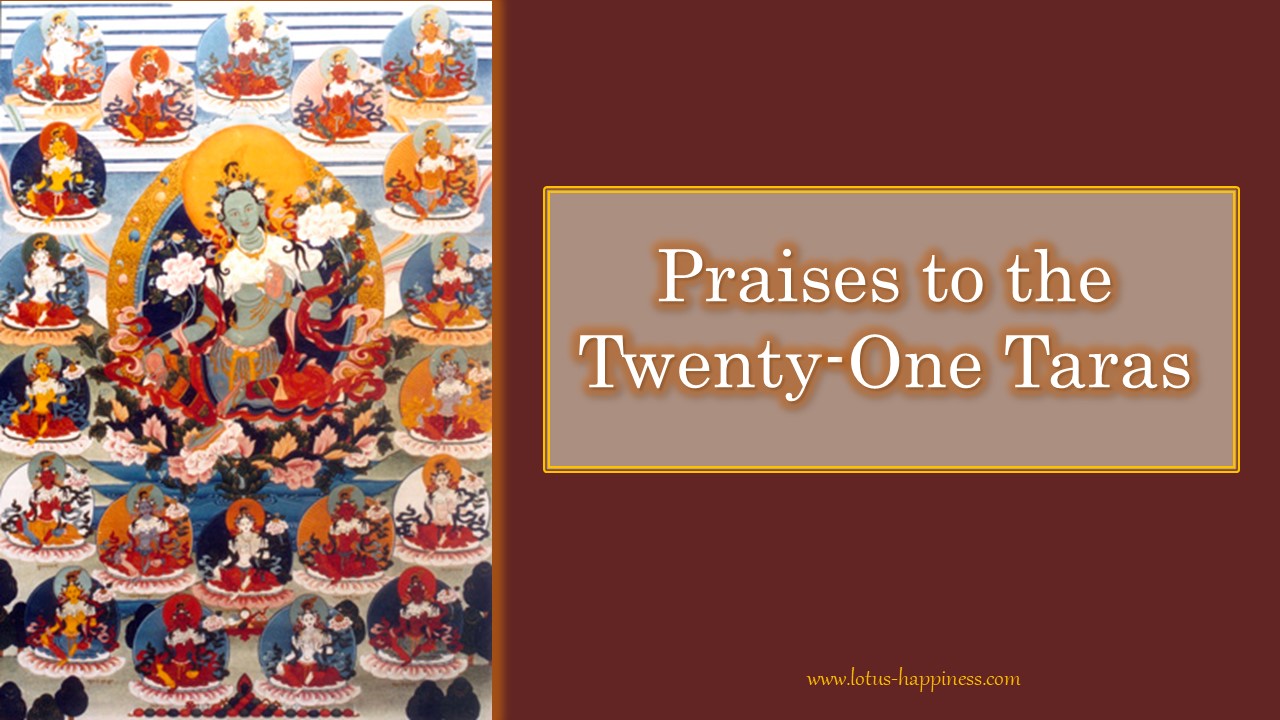Gosho Study #18: Reply to a Believer
Regard your service to your lord’ as the practice of the Lotus Sutra. This is what is meant by No worldly affairs of life or work are ever contrary to the true reality2.” (The Writings of Nichiren Daishonin-1 p 905)
There Is No Buddhism Separated from Reality
This letter is thought to have been written at Minobu in the fourth month of 1278, when Nichiren was fifty-seven. The year and recipient of the letter are not certain but judging from the title, “Reply to a Believer”, it is addressed to a lay disciple who was probably playing a leading role in Nichiren’s community of disciples.
After submitting the treatise, “On Establishing the Correct Teaching for the Peace of the Land”, in 1260 in which he admonished the authorities, Nichiren faced one persecution after another including the Izu and Sado exiles. Four years after he was pardoned from the exile in Sado, it is accounted that there was a plot to send Nichiren to a third exile.
This letter was written after Nichiren received information on this plot against him. With regard to the probability of a third exile, Nichiren wrote in this Gosho that it would bring him a hundred, thousand, ten thousand, million times greater good fortune and prove yet again, that he is the true votary of the Lotus Sutra.
At the end of the letter, Nichiren encourages the recipient to regard his service to his lord as the practice of the Lotus Sutra and show actual proof of victory in society. Nichiren Buddhism is a teaching to enable us to strive and win in the realities of our society in which we live.
When Nichiren was exiled to Sado after the Tatsunokuchi Persecution in 1271, the authorities also persecuted the community of his disciples. Some were imprisoned while others had their lands confiscated. Many of them discarded their faith amidst this persecution. The authorities continued to persecute Nichiren’s disciples even after Nichiren moved to Mount Minobu in 1274. Although details of the recipient of this letter are not known, it seems that the disciple was facing some difficulties with the lord whom he was serving due to his faith in the Lotus Sutra.
To encourage his disciple who was facing serious challenges in his life, Nichiren expresses his indomitable resolve to challenge the many persecutions that were befalling him in the first half of this letter. At the point in time when this letter was written, there was a threat of a third exile to be sentenced on Nichiren. In response to this, Nichiren resolutely declared, “Even if I were to be exiled again, it would bring me a hundred, thousand, ten thousand, million times greater good fortune…. The next exile would be my third. Should it happen, the Lotus Sutra could never accuse me of being a negligent votary…. In comparison to such a life, how wretched and meaningless it would be to fall victim to an epidemic or simply to die of old age! I would far rather suffer persecution from this country’s ruler for the sake of the Lotus Sutra and thereby free myself from the sufferings of birth and death.” (WND-1, p 905)
Nichiren seems to be calling forth to his disciple – “Great persecutions are the greatest proof of a votary of the Lotus Sutra. I’m fighting with my life. You must therefore, never be defeated no matter how harsh your situation!” With such strong yet warm encouragement from the mentor, the disciple must have felt the great warmth and assurance. He probably would have summoned forth courageous faith to confront the challenges.
On top of this, Nichiren teaches, “Regard your service to your lord as the practice of the Lotus Sutra.” Although reality is a whirlpool of suffering and hardship, Buddhism does not exist apart from this reality. No matter how difficult, no matter how adverse the situation, only by continuing to struggle right where we are, in the place of our mission, will we be able to transform all difficulties into nourishment for our Buddhist practice, thereby elevating and expanding our life condition as a result.
When challenging the various hardships in life, it is crucial that we base our struggles on faith and win. This is why Nichiren continues to say, “No worldly affairs of life or work are ever contrary to the true reality.” Nichiren teaches here that all worldly affairs that we face in our life and career do not run contrary to the Mystic Law. That is to say, they are part and parcel of the workings and functions of the Mystic Law.
Key points of the Gosho passage:
- Nichiren Buddhism is a teaching to enable us to strive and win in the realities of our society in which we live.
- To encourage his disciple who was facing serious challenges in his life, Nichiren expresses his indomitable resolve to challenge the many persecutions that were befalling him in the first half of this letter. At the point in time when this letter was written, there was a threat of a third exile to be sentenced on Nichiren.
- Nichiren also teaches, “Regard your service to your lord as the practice of the Lotus Sutra.” Although reality is a whirlpool of suffering and hardship, Buddhism does not exist apart from this reality. No matter how difficult, no matter how adverse the situation, only by continuing to struggle right where we are, in the place of our mission, will we be able to transform all difficulties into nourishment for our Buddhist practice, thereby elevating and expanding our life condition as a result.
- When challenging the various hardships in life, it is crucial that we base our struggles on faith and win.












